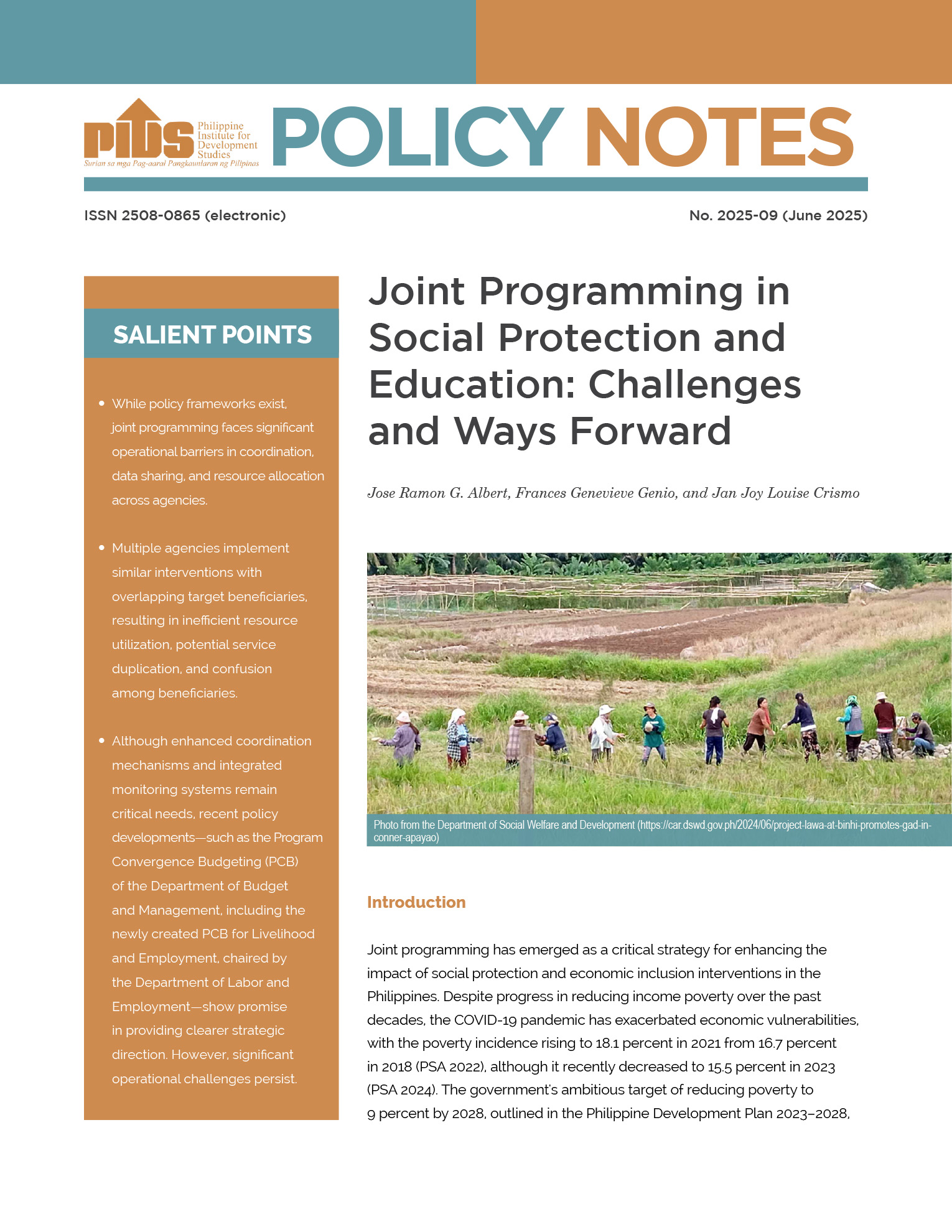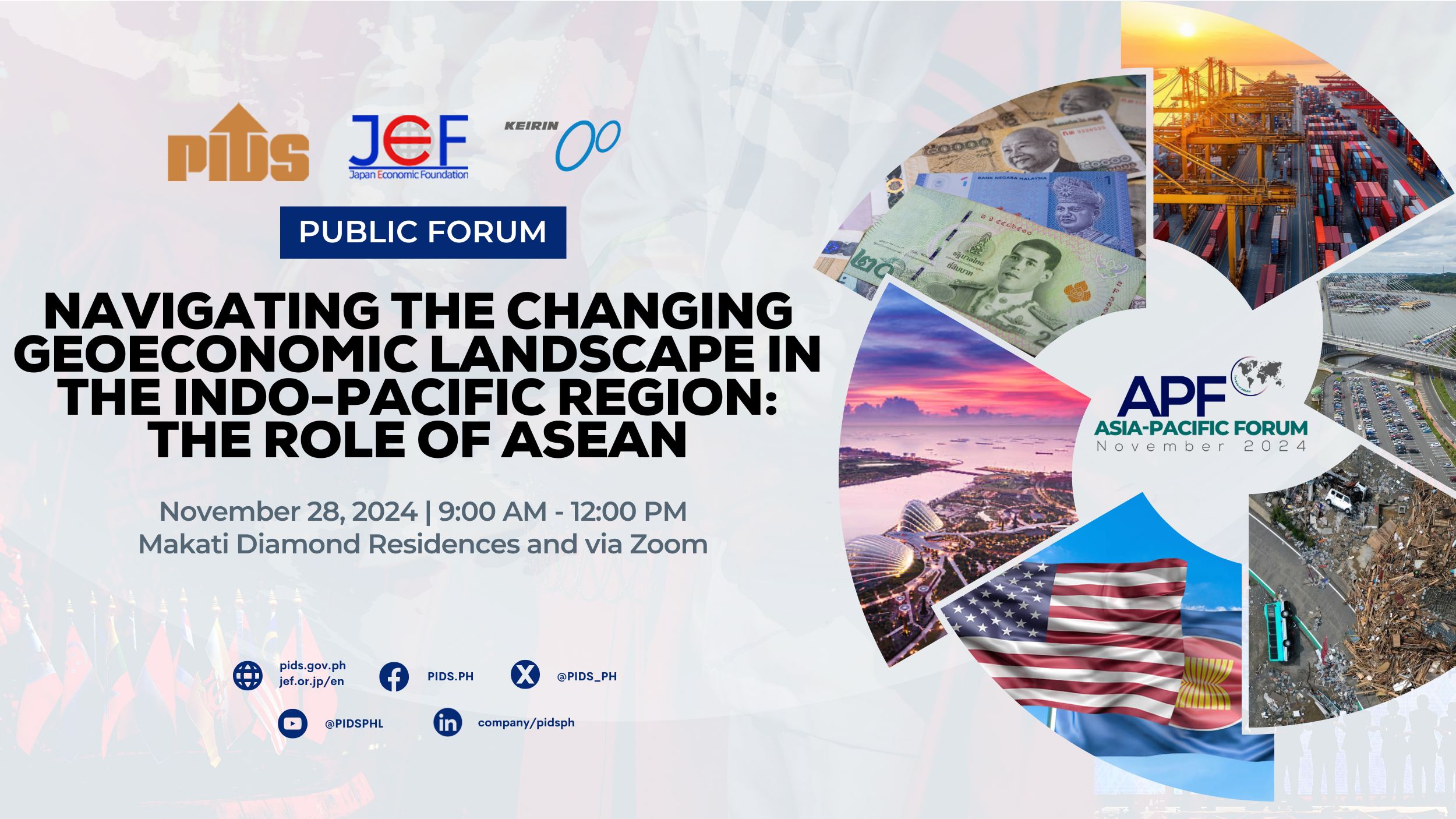Technology and innovation may make lives easier, but they pose challenges, especially for developing countries in Southeast Asia, experts said.
Citing Asia-Pacific Forum 2017, held in Pasig City last month and with “Integration and Inclusiveness in a Digital Society” as its theme, state think tank Philippine Institute for Development Studies (PIDS) said experts talked about these challenges that Association of Southeast Asian Nations (Asean) members face as they try to keep up with the fast-paced digital era.
“Technology [has]brought change, but [has]widened [the]divide” globally, PIDS quoted Senior Research Fellow Jose Ramon Albert as saying in a statement on Wednesday.
About half of the world’s population still do not have access to the internet’s vast resources, despite improvements in internet penetration rates and falling prices for information and communications technology.
Josef Yap, a lecturer at the University of the Philippines’ School of Economics, said technology has driven up income inequality in Asia.
He argued that technological progress, among other things, has opened vast economic opportunities and thus, caused “increased returns to human capital and skill premium, with individuals having higher educational attainment and skill endowment able to benefit more from the new opportunities.”
Out-of-the-Box Consultancy Chairman Man-Jung Mignonne Chan recognized the positive effects that innovation and technology brought, especially to the manufacturing, commerce, health, and education sectors. He also recognized that these have caused many to fear about losing their jobs.
Despite the challenges, Tri Thanh Vo, a senior researcher from the Central Institute for Economic Management, urged Asean members to take advantage of the technological revolution and digital age, as these are important in creating a new dynamism for the region’s economic development.
Among the challenges the region needs to address are the lack of human capital and talent, payment regulations and mechanisms, internet infrastructure, logistics infrastructure, and low consumer awareness and trust.
To address these, Yap stressed the importance of making innovation and technology more inclusive in three aspects—industrial, territorial and social inclusiveness.
Emphasizing that there is “nothing to dread” about technology and innovation, Chan said the government should work on policies focusing on social reengineering, like preparing for phase-out industry retraining and reemployment; industry sectoral restructuring, such as phasing out industries that harm the environment and encouraging green technology; and regional integration, which includes promoting cooperation when it comes to technological innovation.
Albert underscored the need for technological innovation, especially in developing countries, and lamented how developing countries invest very little on it, despite being a “major driver of economic output, productivity and competitiveness.












